Russell Lynes, Snobs, A Guidebook to Your Friends, Your Enemies, Your Colleagues, and Yourself
If the assertions of Russell Lynes in Snobs, A Guidebook are correct, it is best not to judge snobs harshly for two compelling reasons. One, there are a variety of kinds of snobbery and at least one form probably encompasses oneself. Two, even if one has avoided all other kinds of snobbery, calling out the pomposity of others is actually a form of snobbery itself.
Lynes is quick to point out that we live in the age of the common man. As such, the stereotypical society snob has been driven underground. However, all other types of snob are flourishing. Because they cloaked in veneers of morality, religion, and patriotism, theymostly go unchecked. Lynes seeks to bring them out in the open in this humorous book.
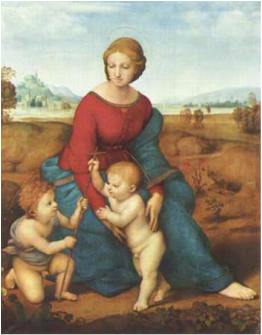 The Virgin Mary, Lesser Member of the Levis-Mirepoix Family
The Virgin Mary, Lesser Member of the Levis-Mirepoix Family The Regional Snob
It turns out those from the provinces are just as likely to be a snob as their urbane countrymen. Lynes provides two humorous examples:
The Texan. “In Texas it is said that you should never ask a man where he comes from. ‘If he’s a Texan,’ they say, ‘he’ll tell you. If he’s not, don’t embarrass him.’”
The Townie. “It was recorded that a decade ago that a boy who lived on Martha’s Vineyard, an island off the Massachusetts coast, was assigned the problem of writing a composition about the then Duce of Italy. His paper started with the sentence: ‘Mussolini is an off-Islander.’”
The Religious Snob
The possibilities here are as diverse as are the world’s religions, but the family of the Duc de Levis-Mirepoix trumps all other contenders. The family holds a title that dates back to the 9th Century and is supposedly descended from a sister of the Virgin Mary. It is said they preface their prayers, “Ave Maria, ma cousine …”
A painting in the family castle depicts a member of the family ascending to heaven and being greeted by the Virgin Mary. She welcomes him with the deference accorded to a member of the more prestigious branch of the family.
The Art Snob
Art Snobs are particulary grating, because they are annoying houseguests. “[They] can be recognized ... by the quick look he gives the pictures on your walls, quick but penetrating, as though [they] were undressing them. This is followed either by complete and obviously pained silence or by a comment such as ‘That’s really a very pleasant water color you have there.’”
The Literary Snob
This type of snob either consciously or subconsciously practices the art of one-upmanship. “[He] has not only read the book you are reading but takes pleasure in telling you the names of all the earlier and more obscure books by the same author, and why each was superior to the better known one that has come to your attention.”
The Reverse Snob
Lynes advises not to take snobbery too much to heart, however, lest one become a reverse snob. “This is the snob who finds snobbery so distasteful that he (or she) is extremely snobbish about nearly everybody since nearly everybody is a snob about something.”
The Tastemaker Snob (About the Author)
Russell Lynes unashamedly admits that even daring to write this treatise was a form of snobbery. Moreover, as the New York Times noted in his obituary, Lynes was “one of America’s foremost arbiters of taste and mores.” It would be nearly impossible maintain such a status without opening oneself up to charges of snobbery. If the surname sounds familiar, it is because Russell was the younger brother of homoerotic photographer George Platt-Lynes who was a precursor to one of today’s particularly tyrannical forms of elitism—the Gym Snob.

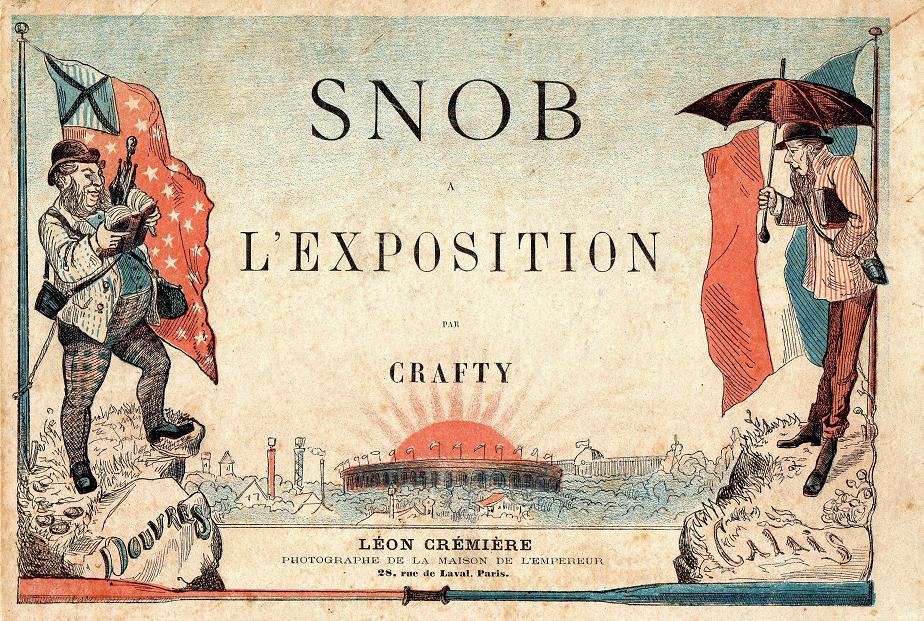
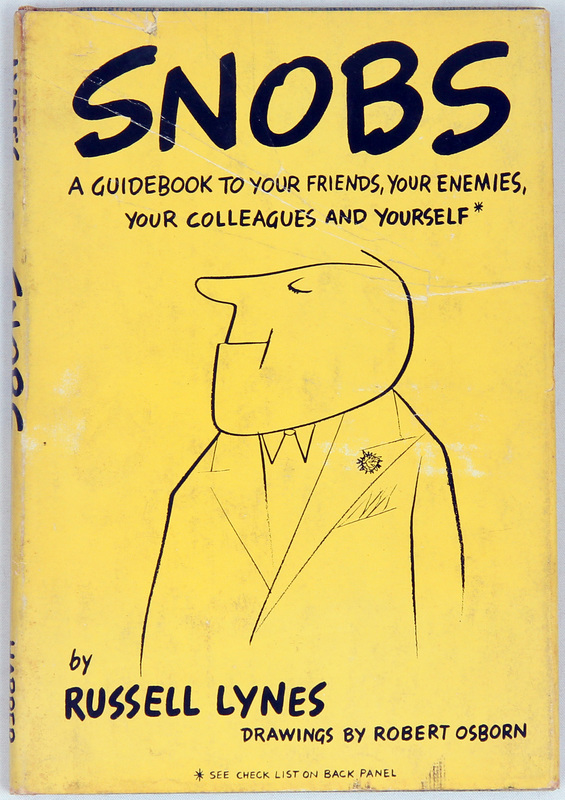
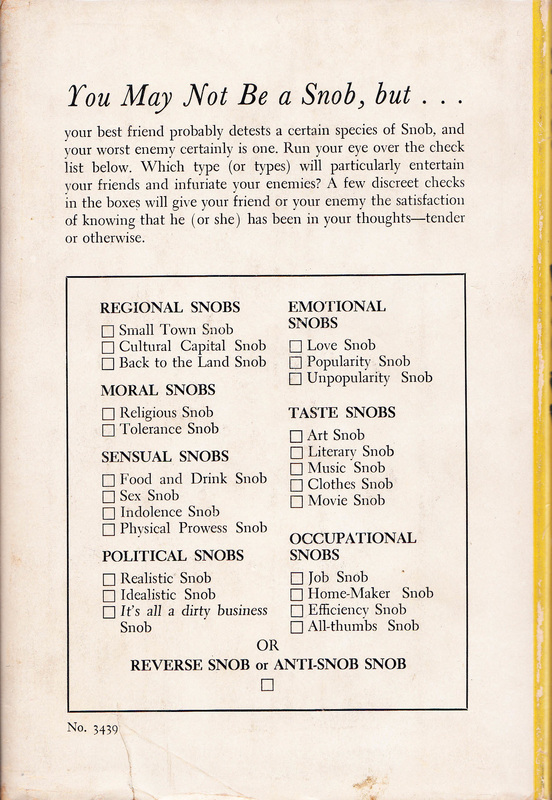
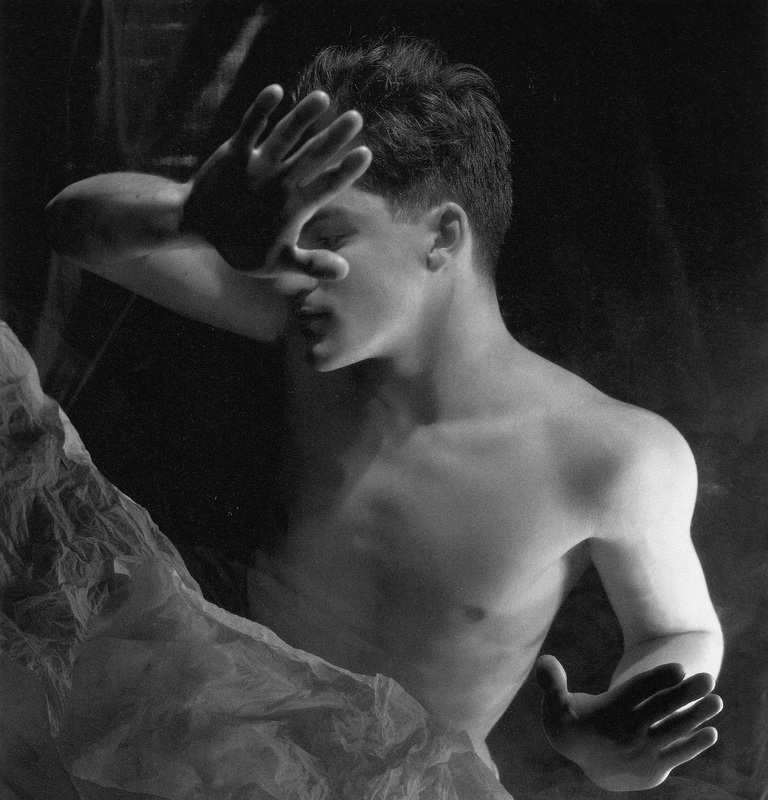
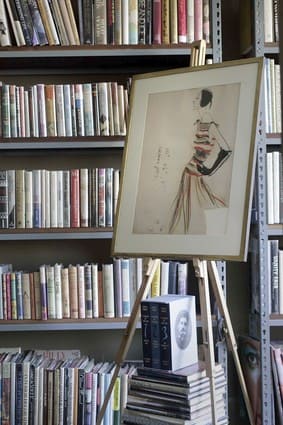
 RSS Feed
RSS Feed